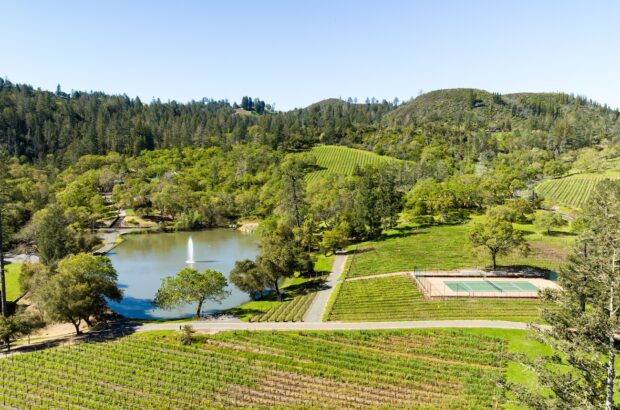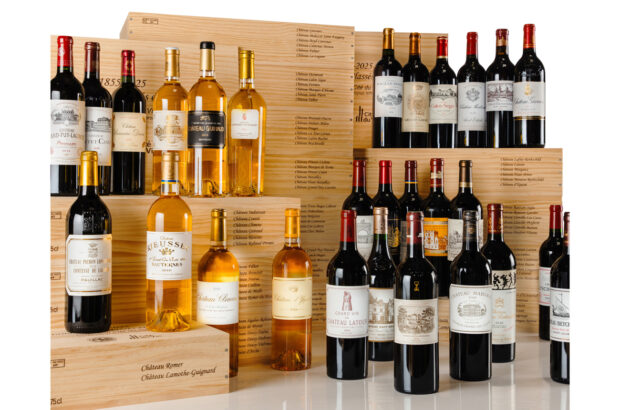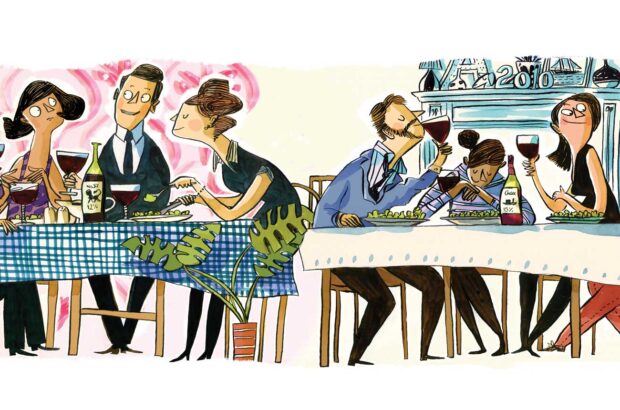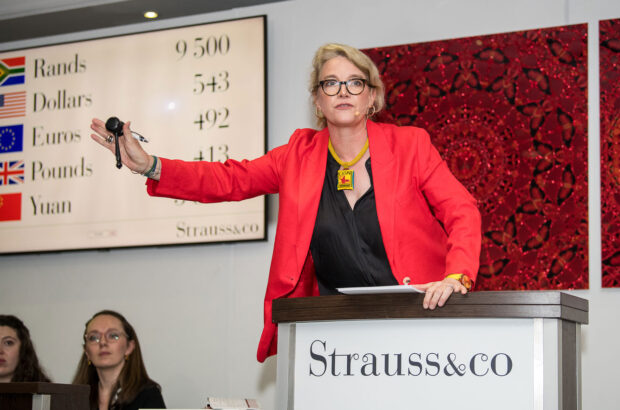Grower Champagne is all the rage, but unfamiliar territory compared to the region’s famous houses. Champagne expert Peter Liem shares his guide to the most exciting small estates, and their wines.
Why drink ‘grower Champagne’? For me, good wine is above all an expression of place, and the profundity of that expression often reflects the quality of the viticulture involved. Terroir-expressive Champagne may be guided by practices in the winery, but its character originates in the vineyards.
This may not be exclusive to grower Champagne – after all, there are Champagne houses that take pride in viticulture and vineyard ownership as well, and top négociants who purchase conscientiously can obtain good fruit. But grower Champagne brings these issues more prominently to the foreground, and I appreciate having a more directly traceable link from the wine in my glass to the vineyards that it came from.
10 top grower Champagnes to know

Producer profile: Tarlant

Grower Champagne: Marc Hébrart

Grower Champagne: Chartogne-Taillet

Producer profile: Benoît Lahaye

Grower Champagne: Vilmart & Cie

Producer profile: David Léclapart
Read our mini profile on grower Champagne David Léclapart, a key advocate of biodynamic farming.

Grower Champagne: Pierre Péters

Producer profile Agrapart & Fils
Read our mini profile on Champagne Agrapart & Fils, with the need to know facts, and which wine to try.

Grower Champagne: Marie-Courtin
Read about Champagne estate Marie-Courtin, for the key facts and wine to try from this organically farmed grower Champagne.

Producer profile: Roses de Jeanne
Grower Champagne doesn’t guarantee quality or terroir expression – there are good growers and mediocre growers, just as there are good Champagne houses and mediocre ones. What I find among the best grower Champagnes, though, is a great diversity of style: the most forward-thinking of these small producers can be less constrained by traditional models, allowing them greater latitude to explore stylistic boundaries. Twentieth-century assumptions concerning issues such as ripeness, dosage, vinification and viticulture are all being challenged, and many growers are embracing more narrowly defined concepts of terroir, such as single-cru or single-vineyard Champagnes.
Perhaps more than anything, grower Champagnes encourage us to engage with what’s in the glass, as we do any other wine, asking questions about identity, origins and viticultural practices in ways that we haven’t always done in the past. This has undoubtedly benefited the Champagne region as a whole, changing the ways in which Champagne is being produced, and influencing consumer perceptions about the region and its wines.
While there will always be a place for traditional négociant blends, this is no longer the only valid model for Champagne. The contemporary appellation is more diverse and dynamic, effectively expanding the definition of what Champagne can be.





